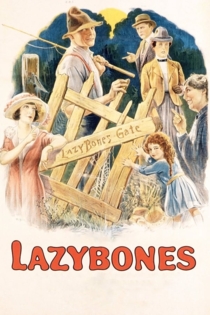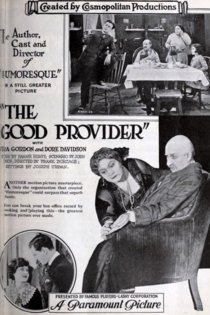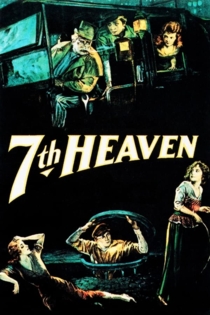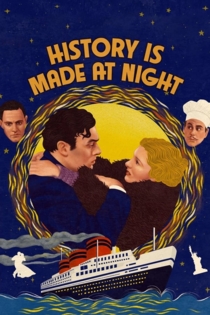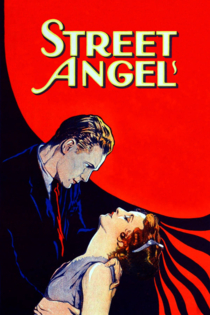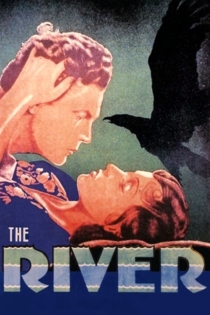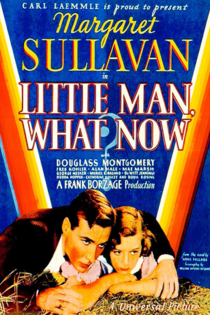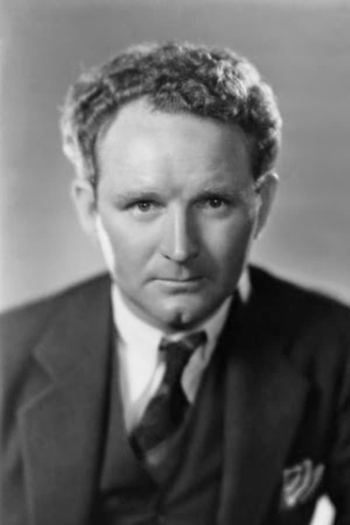
Frank Borzage
1894 - 1962Frank Borzage (April 23, 1894 – June 19, 1962) was an Academy Award-winning American film director and actor, known for directing 7th Heaven (1927), Street Angel (1928), Bad Girl (1931), A Farewell to Arms (1932), Man's Castle (1933), History Is Made at Night (1937), The Mortal Storm (1940) and Moonrise (1948).
In 1912 Borzage found employment as an actor in Hollywood; he continued to work as an actor until 1917. His directorial debut came in 1915 with the film The Pitch o' Chance.
He was a successful director throughout the 1920s, but reached his peak in the late silent and early sound era. Absorbing visual influences from the German director F.W. Murnau, who was also resident at Fox at this time, Borzage developed his own style of lushly visual romanticism in a hugely successful series of films starring Janet Gaynor and Charles Farrell, including 7th Heaven (1927), for which he won the first Academy Award for Best Director, Street Angel (1928) and Lucky Star (1929). He won a second Oscar for 1931's Bad Girl.
He directed 14 films between 1917 and 1919 alone. His greatest success in the silent era was with Humoresque, a box office winner starring Vera Gordon.
Borzage's trademark was intense identification with the feelings of young lovers in the face of adversity, with love in his films triumphing over such trials as World War I (7th Heaven and A Farewell to Arms), disability (Lucky Star), the Depression (Man's Castle), a thinly disguised version of the Titanic disaster in History Is Made at Night, and the rise of Nazism, a theme which Borzage had virtually to himself among Hollywood filmmakers from Little Man, What Now? (1933) to Three Comrades (1938) and The Mortal Storm (1940).
His work took a spiritual turn in such films as Green Light (1937), Strange Cargo (1940) and The Big Fisherman (1959). Of his later work only the film noir Moonrise (1948) has enjoyed much critical acclaim. After 1948, Borzage's output was sporadic.
In 1955 and 1957, he was awarded The George Eastman Award, given by George Eastman House for distinguished contribution to the art of film.
Frank Borzage died of cancer in 1962, aged 68.
Life's Harmony
Frank Borzage
George Periolat, Vivian Rich
Josiah Pringle, a benevolent old musician, who ekes out his livelihood by giving music lessons, after playing the organ for twenty years in the church of a little New England hamlet, must make way for a younger man, Gordon Howard, who comes from Boston. Faith Pringle, adopted by Josiah and his aged sister, Letitia, is leader of the choir, and when Pringle is replaced, she refuses to sing, but relents at Pringle's gentle insistence.
Life's Harmony
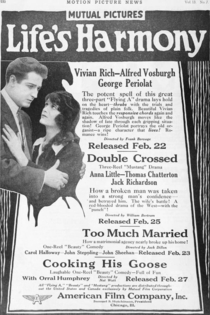
Leslie Howard: The Man Who Gave a Damn
Thomas Hamilton
Leslie Ruth Howard, Norman Spencer
Documentary looking at the life and career of 1930s film star Leslie Howard. It features exclusive home movie footage, including footage from the Gone with the Wind set. The film includes extensive interviews with Howard's daughter, Leslie Ruth "Doodie" Howard, and contributions from friends and colleagues.
Leslie Howard: The Man Who Gave a Damn
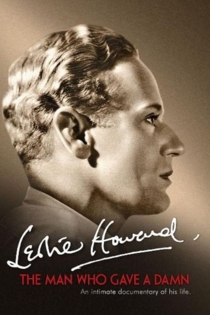
The Mortal Storm
Frank Borzage
Margaret Sullavan, James Stewart
The Roth family leads a quiet life in a small village in the German Alps during the early 1930s. When the Nazis come to power, the family is divided and Martin Brietner, a family friend is caught up in the turmoil.
The Mortal Storm
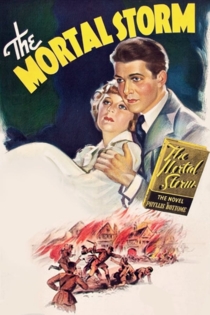
In the Switch Tower
Walter Edwards
Walter Edwards, Frank Borzage
IN THE SWITCH TOWER stars Walter Edwards (who also directed) as Bill Wharton, a middle-aged alcoholic who was once a leading engineer with a railroad. Wharton is estranged from his son Joel (Frank Borzage), who now works as an executive with the railroad, but Frank does send him money through Bill's longtime friend, Louis Hall (Robert Hall).
In the Switch Tower
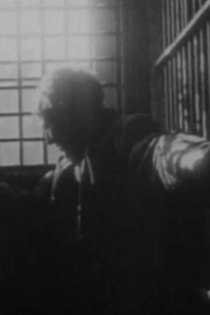
Intolerance: Love's Struggle Throughout the Ages
D. W. Griffith
Lillian Gish, Mae Marsh
The story of a poor young woman, separated by prejudice from her husband and baby, is interwoven with tales of intolerance from throughout history.
Intolerance: Love's Struggle Throughout the Ages
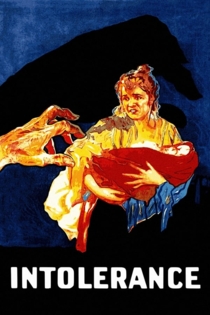
Lucky Star
Frank Borzage
Janet Gaynor, Charles Farrell
Mary, a poor farm girl, meets Tim just as word comes that war has been declared. Tim enlists in the army and goes to the battlefields of Europe, where he is wounded and loses the use of his legs. Home again, Tim is visited by Mary, and they are powerfully attracted to each other; but his physical handicap prevents him from declaring his love for her. Deeper complications set in when Martin, Tim's former sergeant and a bully, takes a shine to Mary.
Lucky Star
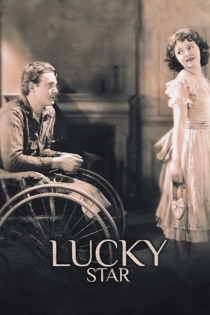
The First Year
Frank Borzage
Matt Moore, Katherine Perry
One of the films that Borzage shot under contract for Fox before he began his run of box-office hits. This is a comedy built up around the disastrous dinner that a couple of newlyweds organise for an important financial partner of the husband's.
The First Year

Fear Not
Allen Holubar
Agnes Vernon, Myles McCarthy
Brothers James and Allen Mornington are both addicted to cocaine and both believe that their addiction is caused by a hereditary failing. James rises to the position of judge, but when Allen is brought into his court on drug charges, James resigns. The two brothers, along with James's daughter, Hilda, then retire to the country to fight their desire for drugs.
Fear Not
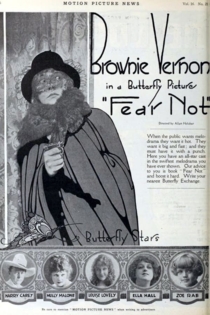
Lazybones
Frank Borzage
Madge Bellamy, Buck Jones
Steve Tuttle, the titular lazybones, takes on the responsibility of raising a fatherless girl, causing a scandal in his small town. Many years later, having returned from World War I, he discovers that he loves the grown-up girl.
Lazybones
